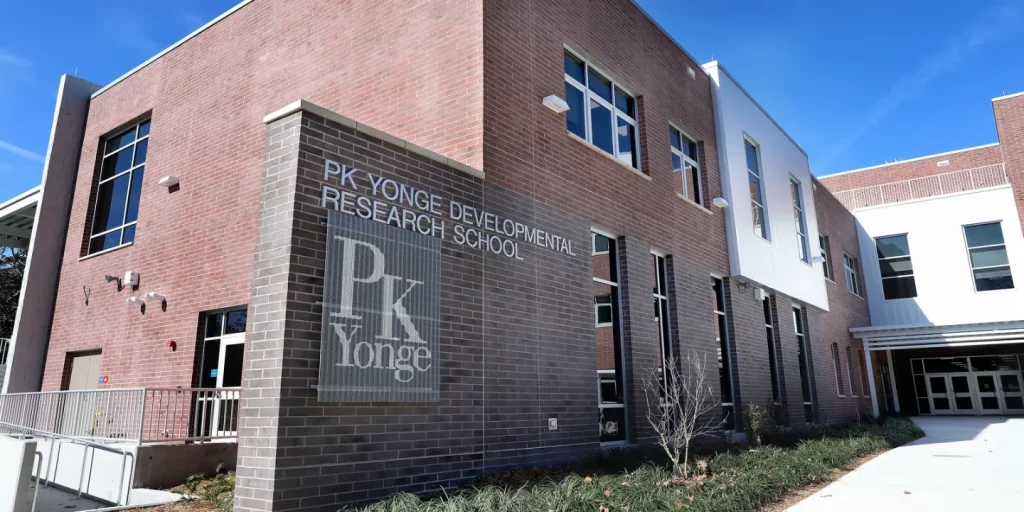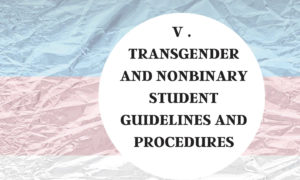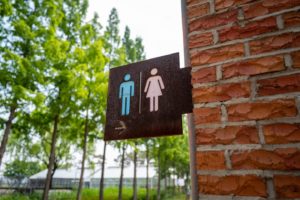Florida 6th-graders taught ‘people can have reproductive parts that don’t match who they are’
Sex education lessons at one Florida middle school called boys “people with a penis” and girls “people with a vulva,” while emphasizing progressive views of gender orientation and…

Sex education lessons at one Florida middle school called boys “people with a penis” and girls “people with a vulva,” while emphasizing progressive views of gender orientation and sexuality.
P.K. Yonge Developmental Research School, a University of Florida-funded K-12 school, administered several sex education lessons for 6th-grade students in May.
“Most people who have biological male reproductive parts are boys and most people who have biological female reproductive parts are girls, but sometimes people can have reproductive parts that don’t match who they are,” one lesson slide stated.
That statement was followed by slides with anatomical drawings of “people with a penis” and “people with a vulva.”
The school sent a letter of consent to families before the lessons were taught, allowing guardians to exclude their children from the “human growth and development instruction if it is in conflict with their conscience, moral, or religious beliefs.”
According to the letter, a lesson titled “Affection, Abstinence, & Understanding Love” informed students on LGBTQIA+ topics. The lesson says gender identity is the “personal conception of oneself as male, female, both, or neither.” Sexual orientation is defined as “a person’s identity in relation to the gender(s) (or lack of) to which they are sexually, or romantically, attracted.”
The lesson put gender and sexuality on a spectrum. The slides described four possible “gender identities,” defining “cisgender” and “transgender” as examples. Six possible “sexual orientations” such as “pansexual,” “bi-sexual,” and “aromantic” were also listed. The slides stressed significantly more “gender identities” and “sexual orientations” existed.
Another lesson also encouraged the sixth-graders to pursue truth outside of faith-based organizations because they “may have biases based on their own beliefs and teachings that may limit the extent of the sexuality-related information.”
Director of outreach for Parents Defending Education Erika Sanzi blasted the lessons, citing a slide that said puberty causes children to “try different, sometimes risky things.”
“Since when is it acceptable to teach 11-year-olds that they may want to start trying risky sexual behaviors (risky is their word, not mine) but they should not use the words male and female and opt instead for person with a penis and person with a vulva?” Sanzi asked rhetorically in a statement to Fox News Digital.
“These lessons coupled with the sinister manipulation of language will have grave consequences. It must be called out and rejected.”



